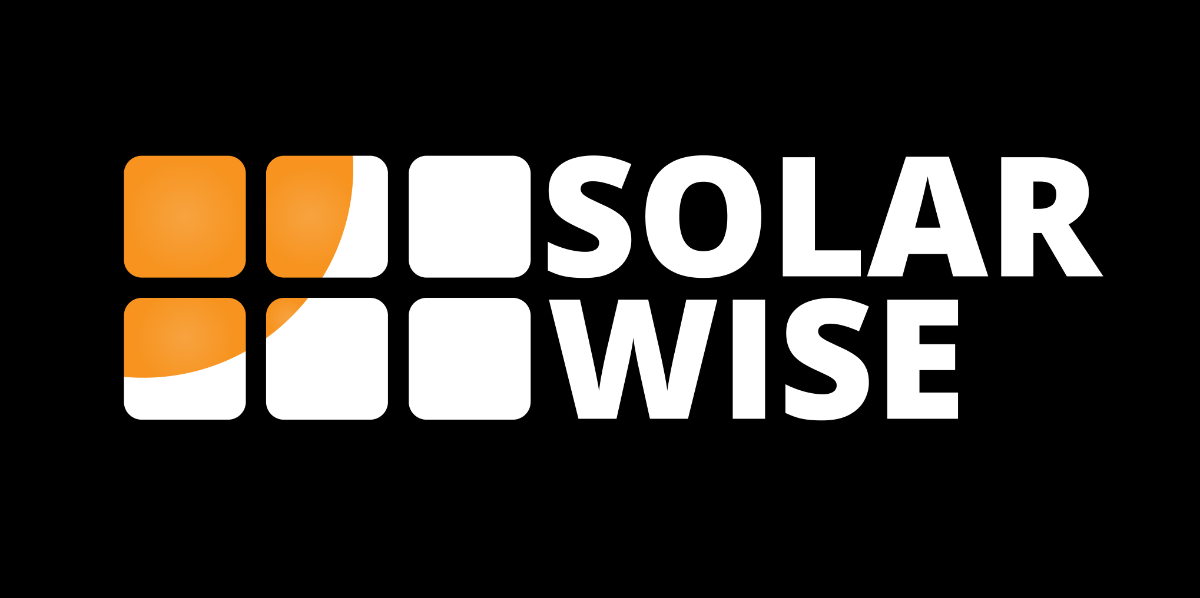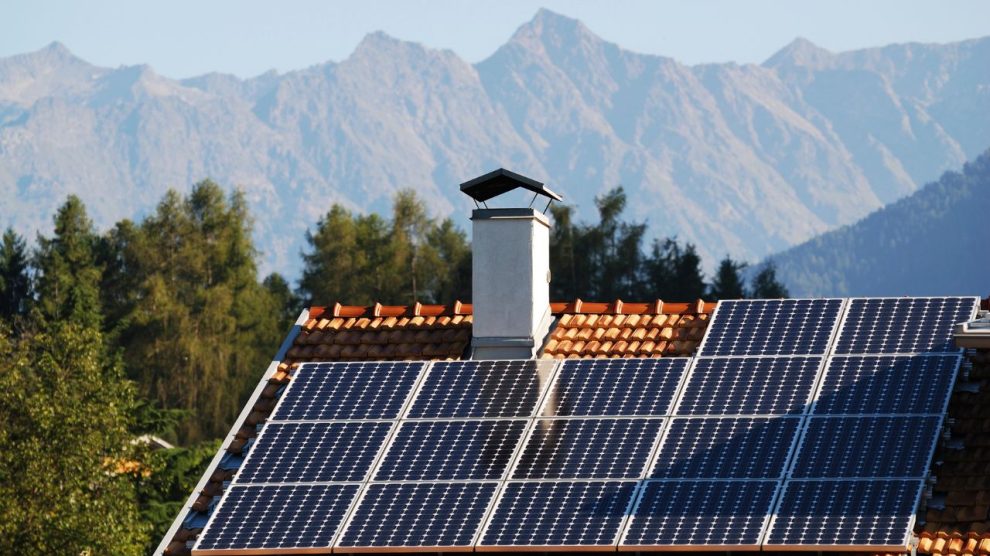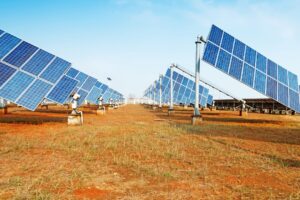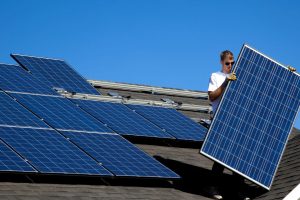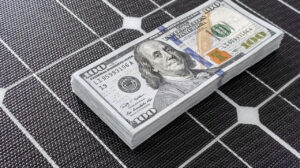Solar panels are steadily gaining traction among homeowners keen on diminishing their environmental impact and cutting down on electricity costs. But do you know the aspects that can potentially influence the productivity and efficacy of the solar panels installed on your roof?
Dive into our detailed article as we unravel the central elements that govern solar panel efficacy and provide seasoned advice to enhance your setup. Let’s embark on a journey to master the art of tapping into the sun’s power like never before!
1. Solar irradiance
Renewable energy systems heavily rely on solar panels as they can transform sunlight into electric power. The solar panel’s productivity and effectiveness are intertwined with how much solar energy is received per unit area, also known as solar irradiance. Simply put, the quantity of solar radiation received determines the electricity generation of the panels, which directly influences their productivity.
It is essential to comprehend the significance of solar irradiance in developing and enhancing solar energy systems. By acknowledging the quantity of sun exposure, engineers and technicians can guarantee that the solar panels are situated and fitted to extract the maximum energy output. This necessitates evaluating aspects like geographical location, seasonal fluctuations, and regional weather conditions.
Essentially, the efficiency of solar panels heavily relies on solar irradiance since it impacts the quantity of sunlight transformed into electric energy. We can considerably boost solar energy systems’ performance by maximizing solar panel setups based on solar irradiance.
2. Panel angle and orientation
In the world of solar energy, panel angle and orientation are crucial to maximizing the efficiency of solar panels. Think of them as the perfect dance partners, working harmoniously to capture as much sunlight as possible. The tilt angle refers to the panel’s inclination relative to the ground. At the same time, the azimuth determines the panel’s orientation concerning the cardinal directions.
Optimal positioning of solar panels is a fine-tuned process that varies depending on geographical location and time of year. The tilt angle and azimuth must be adjusted to achieve the best results so that the panels face the sun’s rays directly. This ensures the panels can capture the most sunlight and convert it into clean, renewable energy.
In conclusion, finding the ideal balance between tilt angle and azimuth is essential for solar panels to perform at their peak potential. We can harness the sun’s power to create a more sustainable future by paying close attention to optimal positioning.

Credit: hahasmart.com
3. Temperature
Solar panels are inherently sensitive to variations in temperature. Increasing their temperature typically translates to a dip in efficiency, consequently hampering performance. This attribute, referred to as the temperature coefficient, is a vital factor in ascertaining the cumulative yield of a solar power system. It thus becomes pivotal to ensure adept cooling and thermal regulation, especially in regions experiencing higher ambient temperatures.
The best way to mitigate this is to facilitate adequate ventilation, improve heat release, and prevent excessive heat buildup. A conscientious approach to understanding the temperature coefficient and employing proficient cooling strategies can markedly enhance the operational efficiency of your solar setup.
In essence, meticulous thermal management and prioritizing optimal cooling practices are vital in sustaining the efficacy and lifespan of solar panels amidst fluctuating temperatures.
4. Dust and dirt
Over time, solar panels can become a gathering point for dust and debris, hindering sunlight penetration and reducing efficiency. This occurrence, known as soiling, can notably affect your solar energy system’s performance. Hence, regular cleaning and upkeep routines are essential to maintain the solar panels at their peak performance level.
Though the prospect of cleaning solar panels might initially appear overwhelming, the process can be as straightforward as using water coupled with a gentle brush to remove grime and accumulated debris delicately. In certain instances, good rainfall can aid in the cleaning endeavor. It’s imperative to approach maintenance tasks with caution and prudence, considering aspects such as the height and inclination of the panels.
To sum up, emphasizing regular cleaning and upkeep of solar panels is central to guaranteeing optimal function and fully reaping the rewards of your green energy venture. While soiling is an inevitable process, proactive maintenance can ensure your panels continue to harness sunlight efficiently and effectively.
5. Age and degradation
As solar panels age, their efficiency gradually decreases due to wear and tear, a phenomenon known as degradation. This decline in performance is inevitable, but the rate at which it occurs can vary among panel types and manufacturers. Typically, most solar panels experience a yearly degradation rate of 0.5-1%. Considering this factor when planning a solar energy system is essential, as it directly impacts the panel lifespan and overall return on investment. You can ensure a longer-lasting and more efficient solar power solution for your home or business by selecting high-quality panels with lower degradation rates.

Credit: altestore.com
6. Shadows and shading
Shadows and shading play a crucial role in the efficiency of solar panels. When nearby buildings, trees, or other obstructions cast shadows on the panels, their performance can be significantly reduced. To achieve optimal output, minimizing shading as much as possible is essential. Careful planning and positioning of solar panels can help avoid potential obstructions and maximize their exposure to sunlight. By considering shading, shadow, and obstruction factors in the installation process, you can ensure your solar panels harness the full potential of solar energy, resulting in better performance and higher returns on your investment.
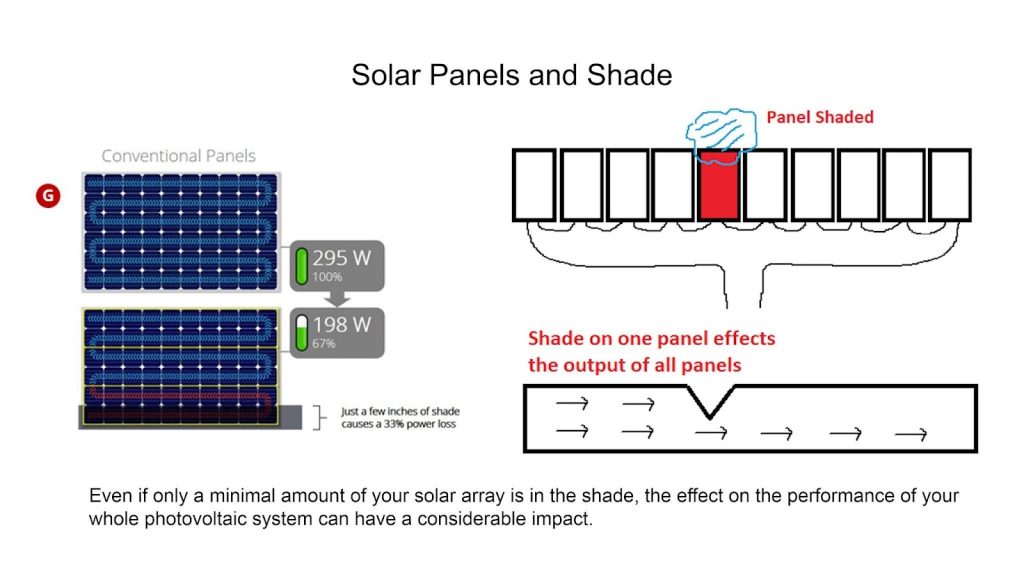
Credit: couleenergy.com
7. Quality of materials and manufacturing
Quality of materials and manufacturing play a crucial role in solar panel efficiency and performance. Better-performing panels are produced using high-quality materials and adhering to rigorous manufacturing processes. In essence, material quality, manufacturing process, and panel quality work hand-in-hand to ensure optimal performance, making choosing solar panels from reputable manufacturers essential.
8. Type of solar cell
The choice of solar cells significantly influences the effectiveness of a solar panel. Currently, the market primarily offers monocrystalline and polycrystalline silicon cells. Monocrystalline cells, renowned for their superior efficiency levels, are more costly than polycrystalline cells. On the other hand, thin-film solar cells present a more budget-friendly and adaptable alternative, though they compromise efficiency levels. Choosing a suitable solar cell entails considering price, performance efficiency, and particular usage needs.
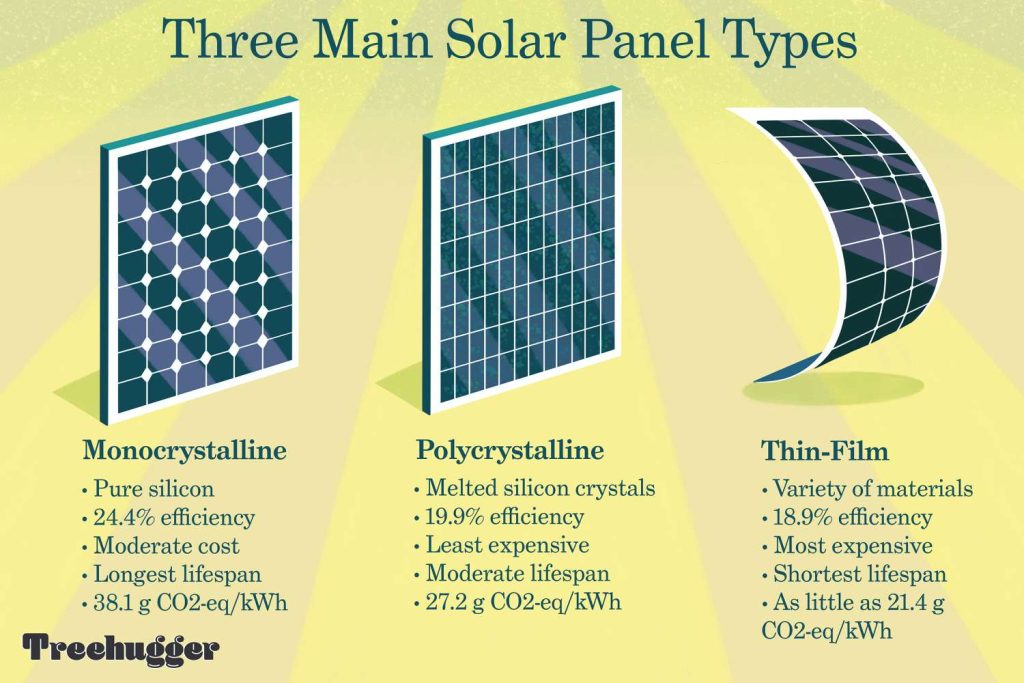
Credit: treehugger.com
9. Inverter efficiency
The inverter’s efficiency is a pivotal factor in determining the operational performance of solar power setups. These vital apparatuses transform solar panels’ direct current (DC) electricity into alternating current (AC) suitable for residential and commercial usage. Acting as a bridge between solar panels and the electrical grid, inverters execute the DC-to-AC conversion proficiently to enhance the system’s output. Opting for a premium quality inverter can help curb energy wastage and amplify the overall system efficiency, promising a dependable and economically viable renewable energy alternative. Therefore, accentuating the selection of an excellent inverter in your solar installation plans is imperative to attain optimal outcomes.
To sum up
To conclude, opting for solar panels is commendable for homeowners aiming to diminish carbon dioxide emissions and economize on electricity bills. However, the effectiveness of the solar panels installed on your rooftop is influenced by several aspects that warrant consideration before installation. Factors such as your roof’s orientation and incline, the degree of shading it experiences, the quality of the panels, and the kind of inverter substantially impact the performance and efficiency of solar panels. Enlisting professional installation services is a fundamental step towards optimizing the performance and efficiency of your solar panels. Based on the specific attributes of your property, they can guide you to the most suitable location and alignment for your solar installations.
